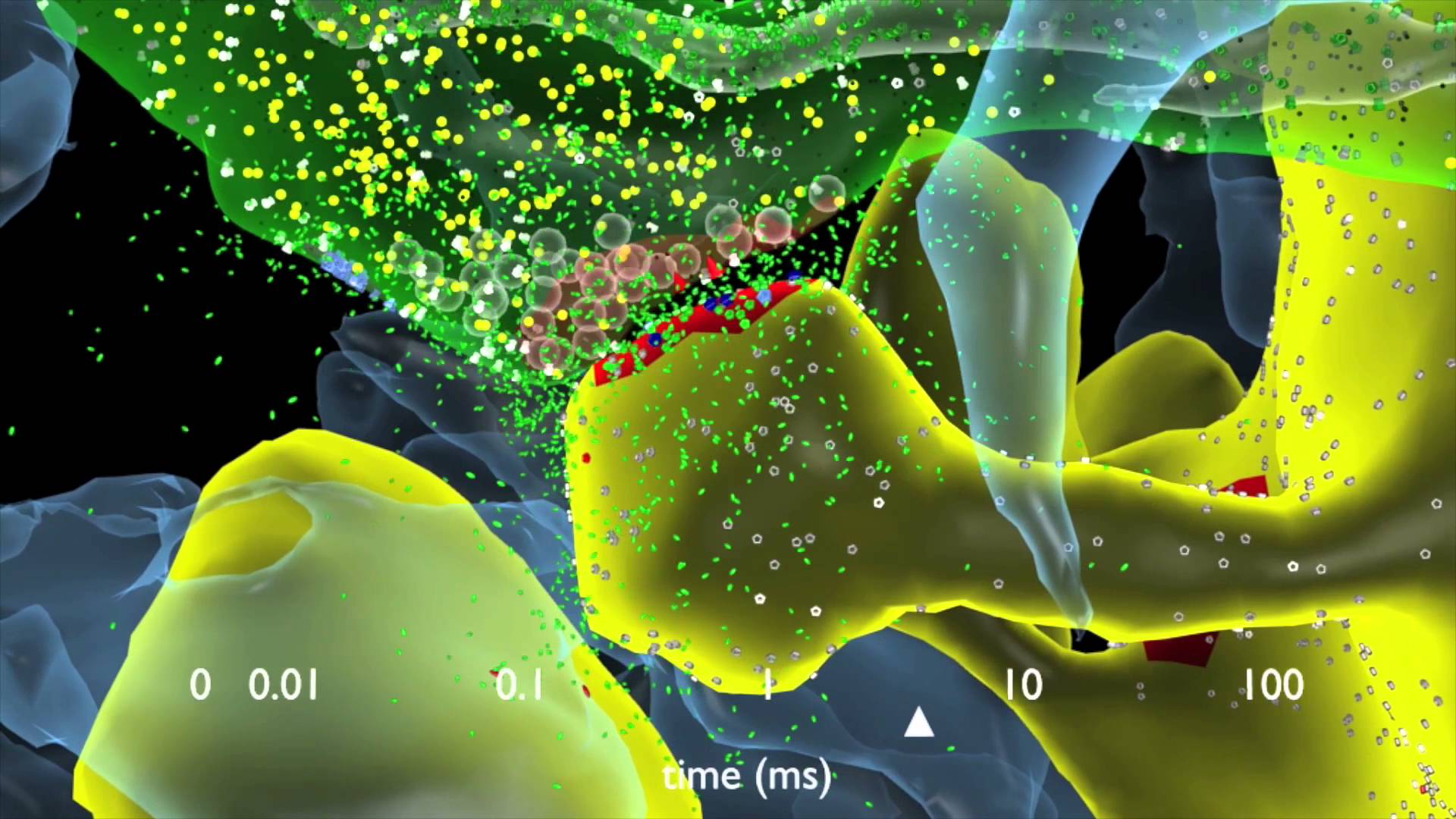The fact that some people remember the past as a series of episodes full of details (episodic memory), while others store in their brains the meaning of events (semantic memory), has a lot to do with the configuration of the connections in the brain, according to a recent study published in the journal Cortex. Neuroscience is deciphering the sophisticated mechanisms of human memory to explain how we file and remember information.
– Memory’s unreliable.
– Oh please!
– No, no, really! Memory’s not perfect. (…) Memory can change the shape of a room. It can change the color of a car and memories can be distorted. Memories are just an interpretation. They’re not a record. They’re irrelevant if you have the facts.
This is the conversation between Leonard and Teddy in the key scene of the movie Memento, one of the movies that best reflects the neuroscientific knowledge about memory. Its main character suffers from anterograde amnesia, which though it allows him to remember new words, he is unable to remember the recent past.
